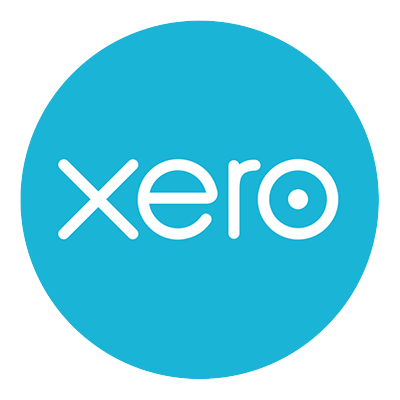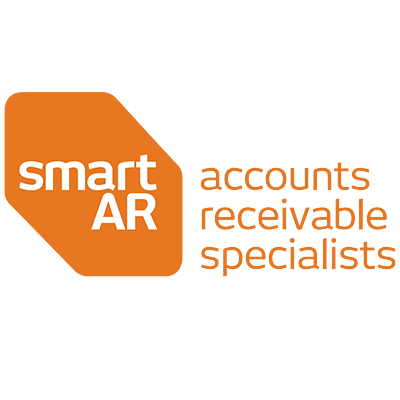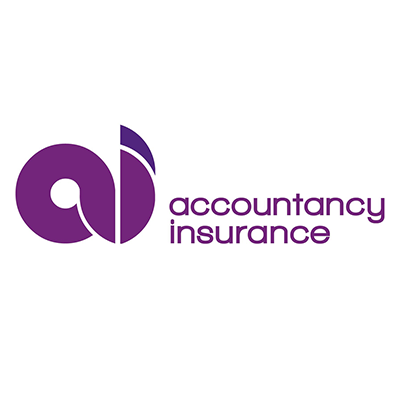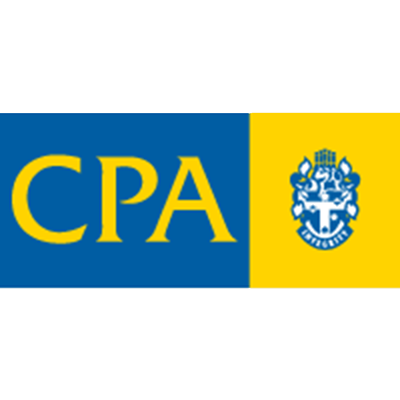A fringe benefit is a non-cash benefit your business provide to your employees or an associate of the employees. Most non-cash benefits given to employees other than their salary or wages are fringe benefits. This is different to when you pay money to employees. Where you pay cash to employees, you treat the payment as part of the employee’s salary or wage and make normal employee deductions, such as PAYE.
Some entertainment expenses (click here to read more about entertainment expenses) may be subject to fringe benefit tax (FBT) if they are enjoyed or received by employees.
You as an employer may have to pay FBT if you provide the fringe benefits to an employee. The four main groups of taxable fringe benefits are:
- motor vehicles available for private use
- free, subsidised or discounted goods and services
- low-interest loans
- employer contributions to sickness, accident or death benefit funds, superannuation schemes and specified insurance policies.
If these benefits are enjoyed or received by employees as a result of their employment, the benefits are liable for FBT. Employers pay tax on benefits provided to employees or shareholder-employees.
Employers who have FBT obligations can file FBT returns either quarterly or annually, depending on the filing frequency you elected into and how much payroll taxes you pay.
Motor Vehicles
The most important point to remember about FBT and vehicles is that as long as a vehicle is “made available” for private use by employees (including shareholder-employees), you as an employer will have to pay FBT, whether or not the vehicle is actually used unless an exemption applies.
For a fringe benefit to arise, the person who makes the vehicle available to the employee does not have to be the employer. The person can be someone who:
- owns the vehicle
- leases or rents the vehicle
- has the right to use the vehicle under an agreement or arrangement with the employee, or a person associated with the employee.
The good news is that if you’re a sole trader or partner in a partnership, you don’t pay FBT when a business vehicle is made available for private use. You need to account for the private use of the vehicle by making an adjustment in your income tax and GST returns. As a sole trader or partner in a partnership you would use a logbook to keep track of your business use of the vehicle.
Free, subsidised, or discounted goods and services
If goods are provided for an employee at less than the cost to you, this is a fringe benefit. The cost to you is usually the price paid to purchase those goods. However, if you manufactured, produced or processed the goods, the cost is the lowest price at which identical goods are sold by you to other customers (wholesale or retail).
If services are provided to an employee at less than the normal cost to the public, this is a fringe benefit. These include gifting schemes, such as long-service awards, incentive vouchers or gifts, club memberships, accompanying travel by the employee’s spouse or family, and other such benefits.
If you provide free (gifts and prizes), subsidised or discounted goods and services, FBT isn’t payable if you meet the requirements of the general employee exemption and maximum employer exemption. The general employee exemption provides that if the full value of the benefits provided to each employee does not exceed $300 per quarter, no FBT is payable on the benefit and the exemption isn’t deducted first. The other limitation of this exemption (aka the maximum employer exemption) is that the combined benefits provided to all staff in a year cannot exceed $22,500.
Low Interest Loans
FBT is charged on low-interest loans made to employees. A loan includes all advances (such as salary advances), deposits, money lent in any other way, and any credit given (including delaying the recovery of a debt). A debit balance in the current account of a shareholder-employee of a close company would also be a loan.
FBT isn’t charged on the actual loan provided by an employer to an employee. FBT is calculated on loans by comparing the interest on the loan with the interest calculated, using the prescribed rate of interest. If normal commercial credit is available to the general public, and you give the same credit to an employee, it isn’t subject to FBT.
Employer contributions to funds, insurance and superannuation schemes
Any contributions you make for your employees to any of the following are subject to FBT:
- sickness, accident or death benefit funds
- funeral trusts to meet employees’ funeral expenses
- insurance fund of a friendly society, life, pension, personal accident or sickness policies; or
- superannuation schemes to which ESCT (employer superannuation contribution tax) doesn’t apply.
ESCT must be deducted from any specified superannuation contribution to a superannuation fund an employer makes for the employee’s benefit. If an employee asks you to make deductions from their wages and pay them to a superannuation scheme, these aren’t specified superannuation contributions.
An employer-paid premium (called a specified insurance premium) under a life insurance or health insurance (personal accident or sickness) policy is also classed as a fringe benefit.
Any benefits of the kind referred to above are not classified as fringe benefits to the extent that they are treated as assessable income of the employee. This ensures that employer contributions to a sickness, accident or death benefit fund approved for the purposes of the exempt income provisions, employer -paid specified insurance premiums and employer contributions to an insurance fund of a friendly society for the benefit of employees are not subject to double taxation.
Income protection insurance
A full payment or contribution by the employer to an employee’s premium for income protection insurance (which is for the benefit of an employee) is not subject to FBT if the payment of the insurance to the employee would be the employee’s assessable income.











